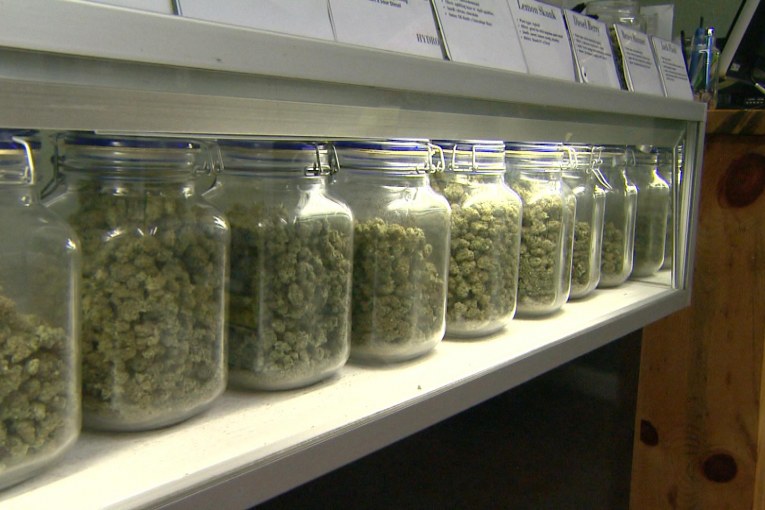

By Aryal Aglugub
SACRAMENTO, CA – California Gov. Gavin Newsom has proposed to end the state cultivation tax in the marijuana industry, but according to industry officials, that is not enough.
While there is a some welcoming to this proposal, industry officials argue Newsom’s proposal will do little to help the marijuana industry. There are far more problems that this industry encounters such as high taxes, harsh regulations, and an illicit market, its supporters claim.
To make up the lost revenue from Newsom’s tax ban, the retail excise tax on cannabis sales will increase. It is estimated that after three years the retail excise tax will rise from 15 percent to 19 percent.
This compensation and other provisions have provoked criticism of Newsom’s plan, from not only the industry officials, but state lawmakers as well.
“It’s a nice little Band-Aid for a functionally broken system that needs an overhaul, starting with reduction of taxes across the board,” stated the CEO and founder of Juva Life, Doug Chloupek. His company grows marijuana, and also has a cultivation research company in Stockton.
A recent 42-page report released by the Reason Foundation illustrated the success that California’s marijuana market has had—the cannabis market in California makes up about two-thirds of all sales in the state.
“From our perspective, one of our primary issues is the fact that we’re competing with a very robust illicit market,” comments the president of Precision Advocacy, Amy Jenkins, who is also a legislative advocate for the California Cannabis Industry Association located in Sacramento.
Precision Advocacy and Good Farmers, Great Neighbors, a cannabis growers group that has united together, participated in the commission of a report titled “The Impact of California Cannabis Taxes on Participation Within The Legal Market.”
The director of California NORML, Dale Gieringer, wrote the foreword of the report, and noted that through survey results, the effective tax rate in California spanned from $42 to $90 per ounce of marijuana—which is more expensive than the cost to grow cannabis wholesale, which is $35.
The Reason Foundation also argues within its report that reducing all taxes in this industry would help it transform from an illicit market to a legal market.
Precision Advocacy’s Jenkins noted that in other states, including Colorado, Oregon and Washington, the tax rates are lower and simpler. Jenkins believes that the elevated tax in California is what is driving consumers away from the market.
Colorado has a 15 percent tax for both the wholesale transfer and retail excise, and Oregon uses a 17 percent retail excise tax, leading Jenkins to remark, “There is real evidence out there that reducing prices does drive consumers to legal stores.”
